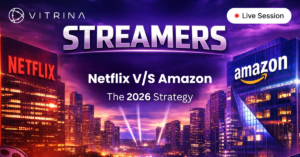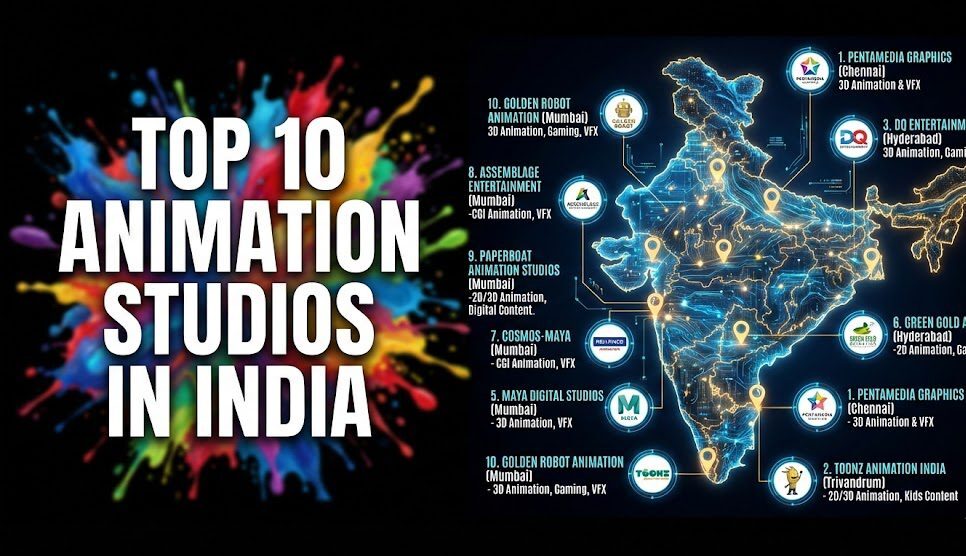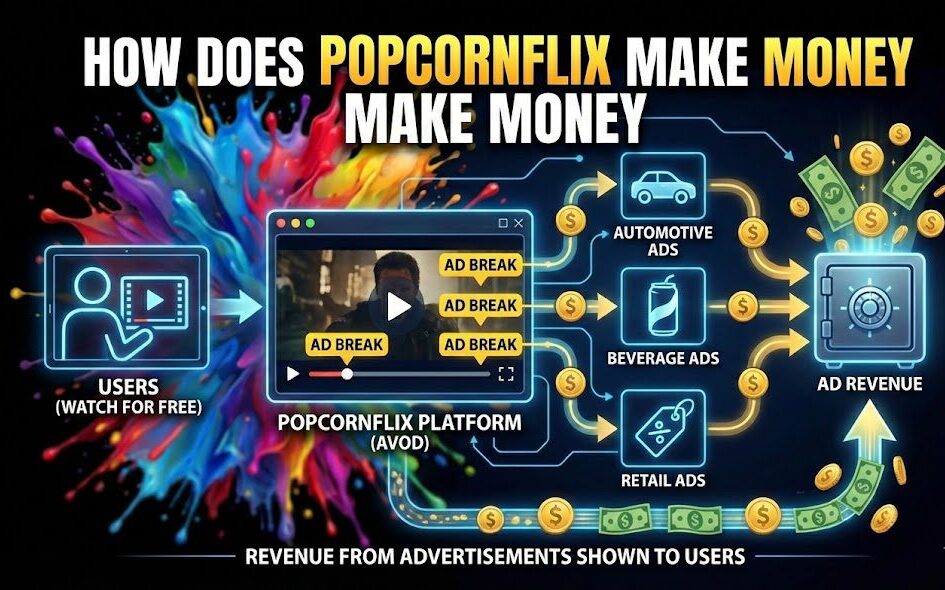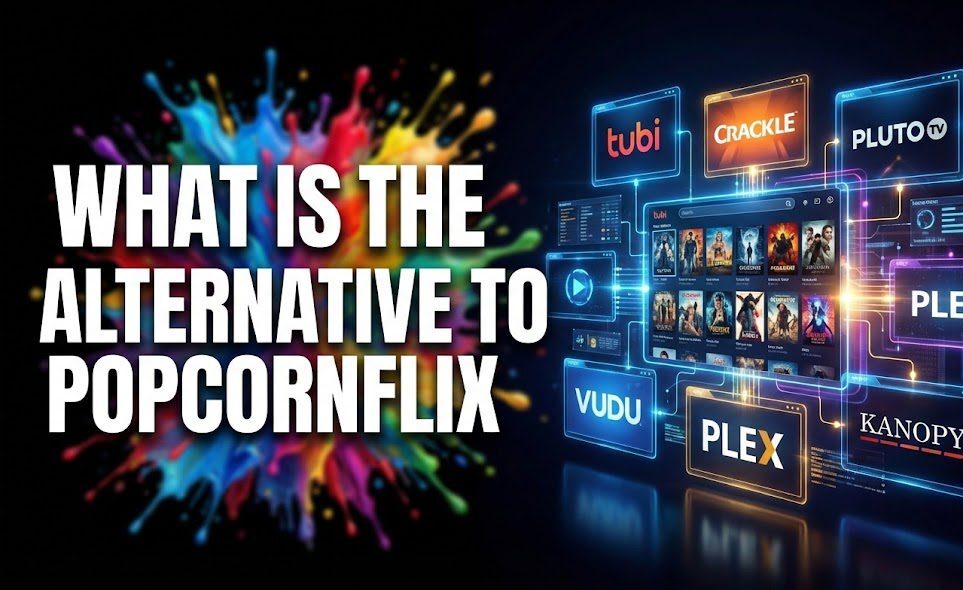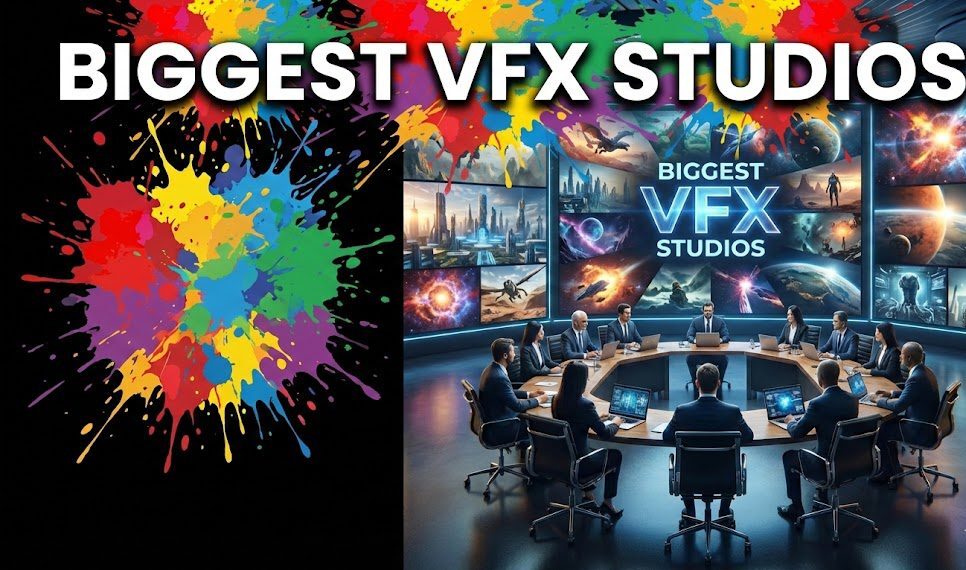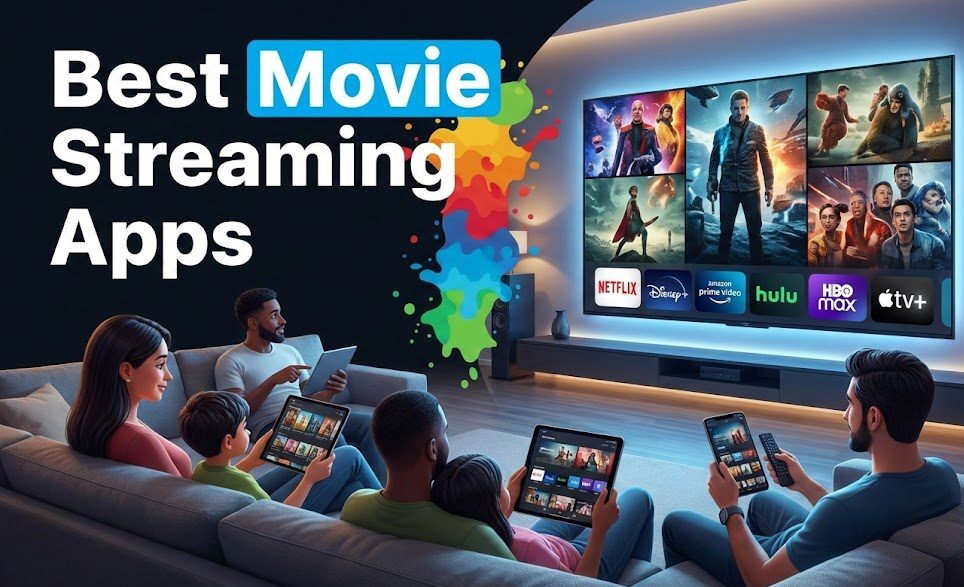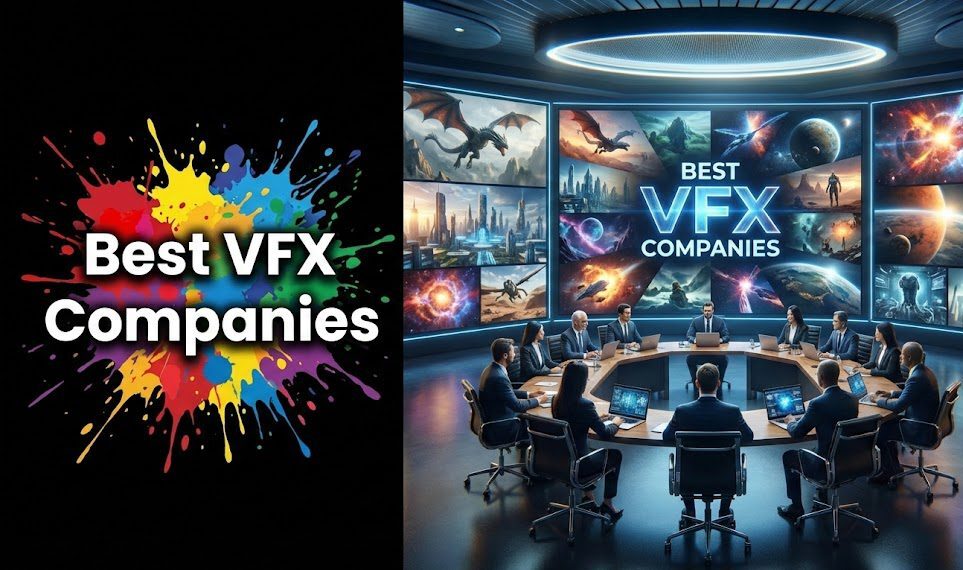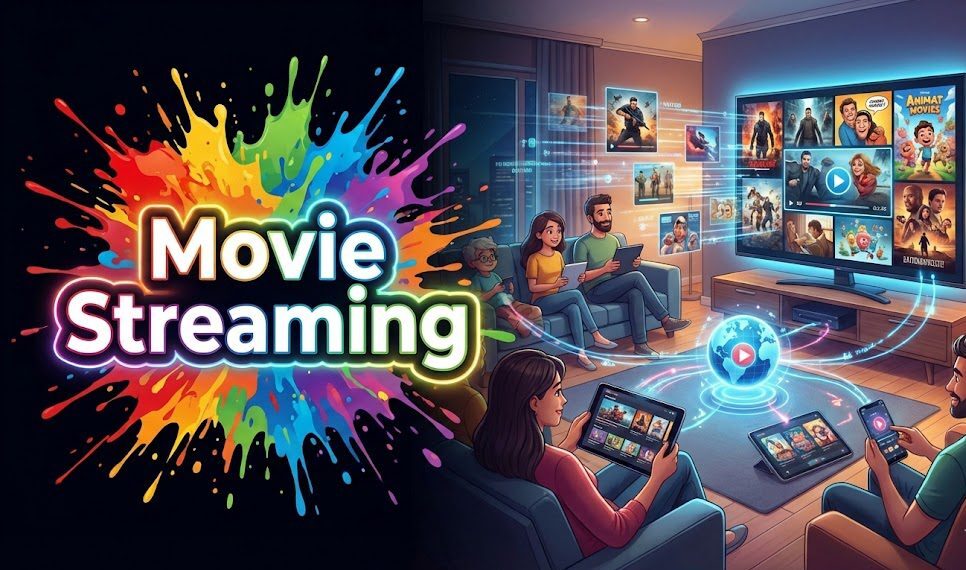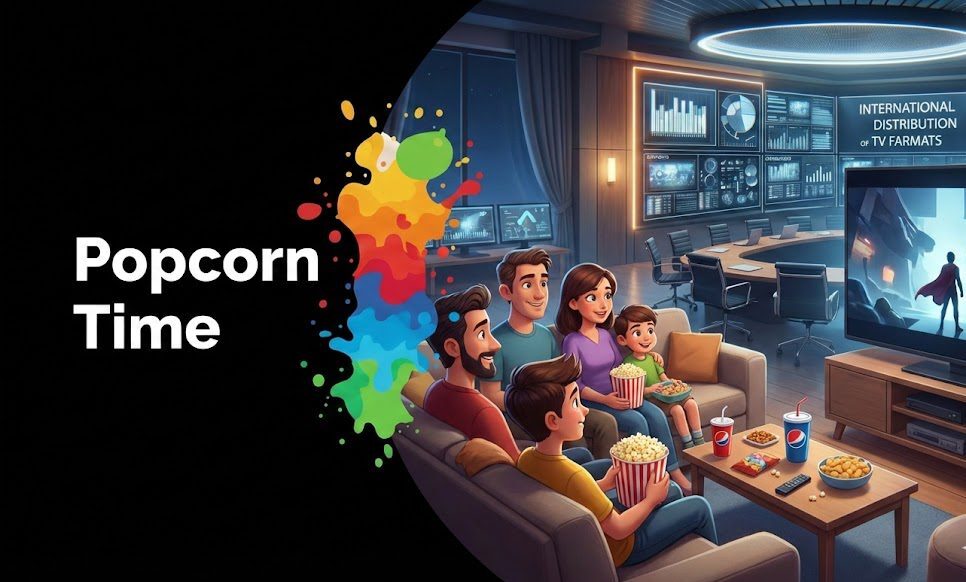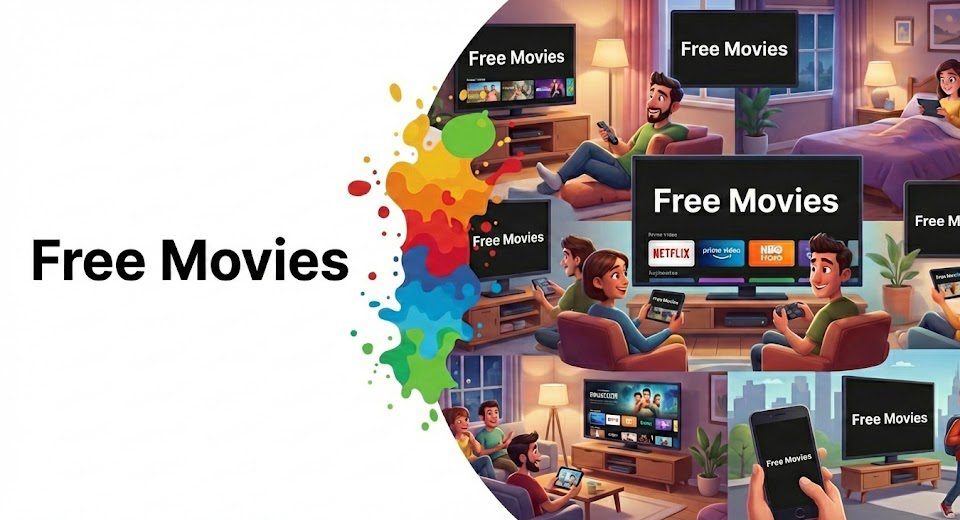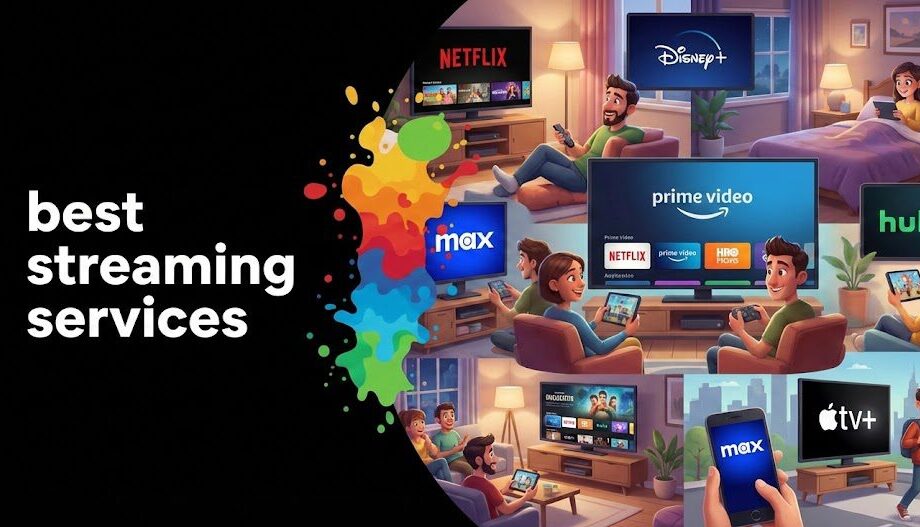Introduction
Are you a screenwriter dreaming of getting your big break in the entertainment industry? Or perhaps you’re a producer or creative executive trying to understand how talent is secured before a script is even written. Welcome to the fascinating world of Blind Script Deals. In this article, we’ll break down exactly what a blind script deal is, how it works, and how writers land such coveted development agreements.
You’ll gain insights into the mechanisms of the film and TV industry’s development process, the key players involved, and strategies for writers to secure these deals. We’ll also uncover how platforms like Vitrina empower entertainment professionals with tools and intelligence to track, profile, and connect with partners for script and development deals globally.
Whether you’re a rising writer, studio exec, or content acquisition leader, by the end of this article, you’ll understand how blind script deals can shape creative careers—and how to tap into these opportunities yourself.
Writers, Get Spotted by Global Studios via Vitrina

What is a Blind Script Deal?
A Blind Script Deal is a type of development agreement where a writer is paid in advance to develop a script—even before a specific concept or idea has been pitched. Essentially, the studio or production company “trusts” the writer’s ability and vision enough to pay for a screenplay sight unseen.
This type of deal is considered a strong vote of confidence in the writer’s past work and potential. It’s common among experienced writers, creators with a successful track record, or even breakout talents who’ve demonstrated unique storytelling voices.
Why Blind Script Deals Are Offered
Studios and production houses offer blind script deals for several strategic reasons:
- Talent Lock-in: To prevent a high-value writer from collaborating with competitors.
- Creative Leverage: Studios trust the writer’s voice to deliver original content aligned with their brand.
- Pipeline Fulfillment: As part of content development pipelines, these deals secure future scripts in progress.
- Trend Anticipation: To ride emerging genres or themes (e.g., sports docs, LGBTQ+ animation, crime thrillers).
These deals are a proactive bet on the future—and a powerful show of commitment from a studio.
How Writers Secure Blind Script Deals
Securing a blind script deal requires a combination of talent, strategy, and networking. Here’s how successful writers typically land these opportunities:
- Build a Portfolio: Writers with a history of successful scripts, indie hits, or festival acclaim have a better chance.
- Representation Matters: Agents and managers play a huge role in negotiating blind script deals.
- Visibility in Industry Networks: Writers who get profiled or featured in databases like Vitrina stand out to decision-makers.
- Collaborative History: Writers with past studio or production collaborations often get offered new blind deals.
- Trend-Driven Pitches: Having ideas that align with industry trends increases chances of trust-based development deals.
Discover Global Film Development Deals on Vitrina

Pros and Cons of Blind Script Deals
Pros:
- Guaranteed payment before even writing
- Creative freedom with broad mandates
- Strong industry recognition and validation
- Opportunity to work closely with studio development teams
Cons:
- High expectations with limited guidance
- Pressure to deliver under tight timelines
- Risk of idea rejection even after drafting
- Writer’s brand may get pigeonholed by the studio’s genre focus
Difference Between Blind and Spec Script Deals
A Spec Script Deal involves a writer creating a script independently and then selling it after completion. In contrast:
| Blind Script Deal | Spec Script Deal |
| Studio pays in advance | Writer works unpaid |
| No script exists yet | Script already written |
| Studio has input from start | Writer controls initial vision |
| Higher-risk for studio | Higher-risk for writer |
Both deal types have their place, but blind deals offer writers more stability upfront.
How Vitrina Helps with Blind Script Deals
Vitrina is a powerful partner in securing development deals like blind script deals. Here’s how:
- Find the Right Studios: Search 80,000+ production houses and 10,000+ distributors across 100 countries.
- Profile the Decision-Makers: Access updated, verified contact details of key content buyers and development heads.
- Track Content Trends: Use the Global Film+TV Projects Tracker to see what genres, formats, and themes are trending.
- Get Discovered: Vitrina’s deep profiling helps studios identify emerging and niche talent for development partnerships.
- Outreach Assistance: Premium members receive direct outreach support to development execs and content buyers.
For writers, studios, and service companies, Vitrina acts as the connective tissue between talent and opportunity.
Key Takeaways
- A Blind Script Deal is a pre-paid development deal offered to trusted writers.
- It signifies a studio’s commitment to talent rather than just the idea.
- Writers secure these deals by building credibility, representation, and industry visibility.
- Platforms like Vitrina help writers, studios, and service companies connect, qualify leads, and monitor trends to power development deals.
Frequently Asked Questions
No. A blind script deal pays for development, not production. The script still undergoes review for greenlighting.
They are more common for experienced or buzz-worthy writers. New writers usually start with spec scripts.
Yes, in some cases, studios commit to multiple scripts or development ideas from a writer.








